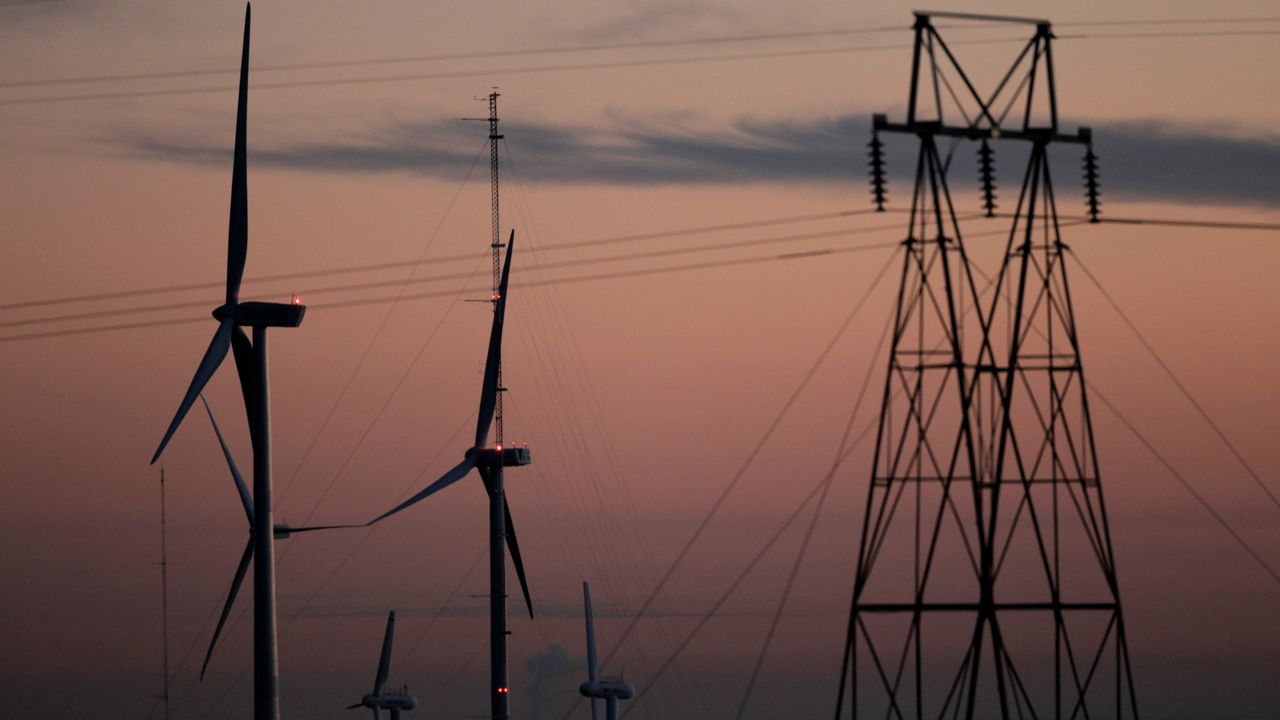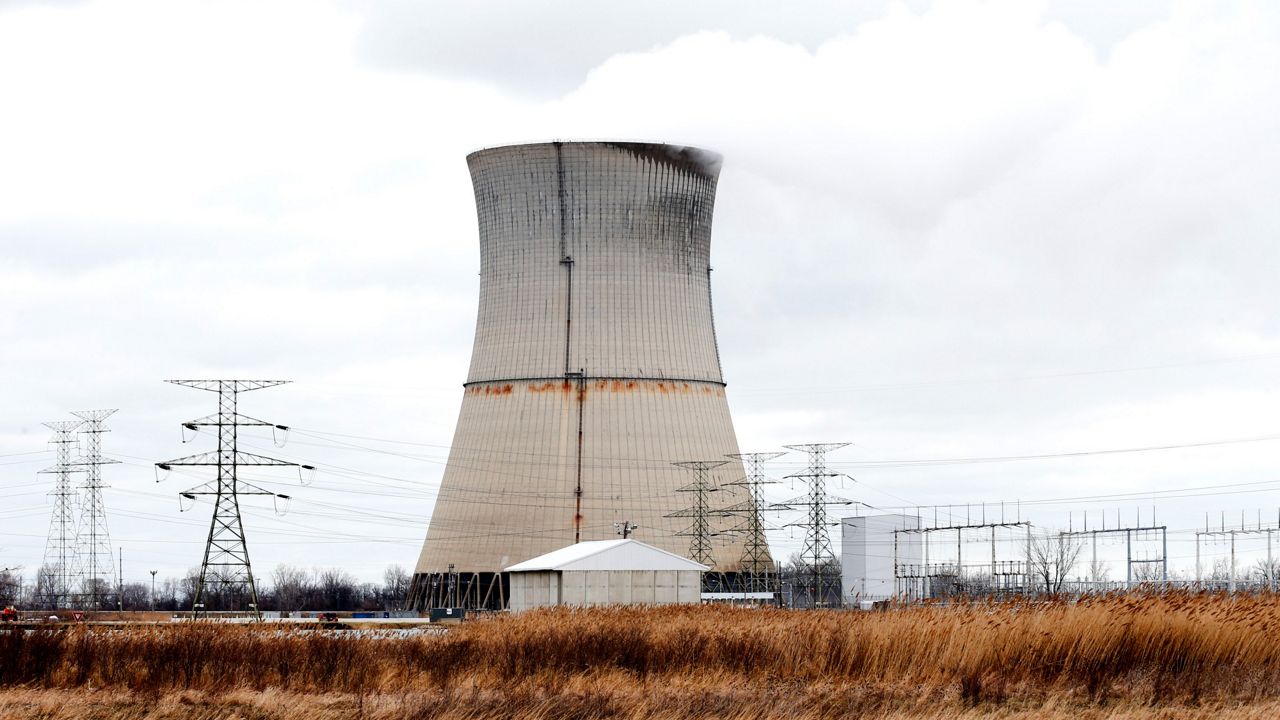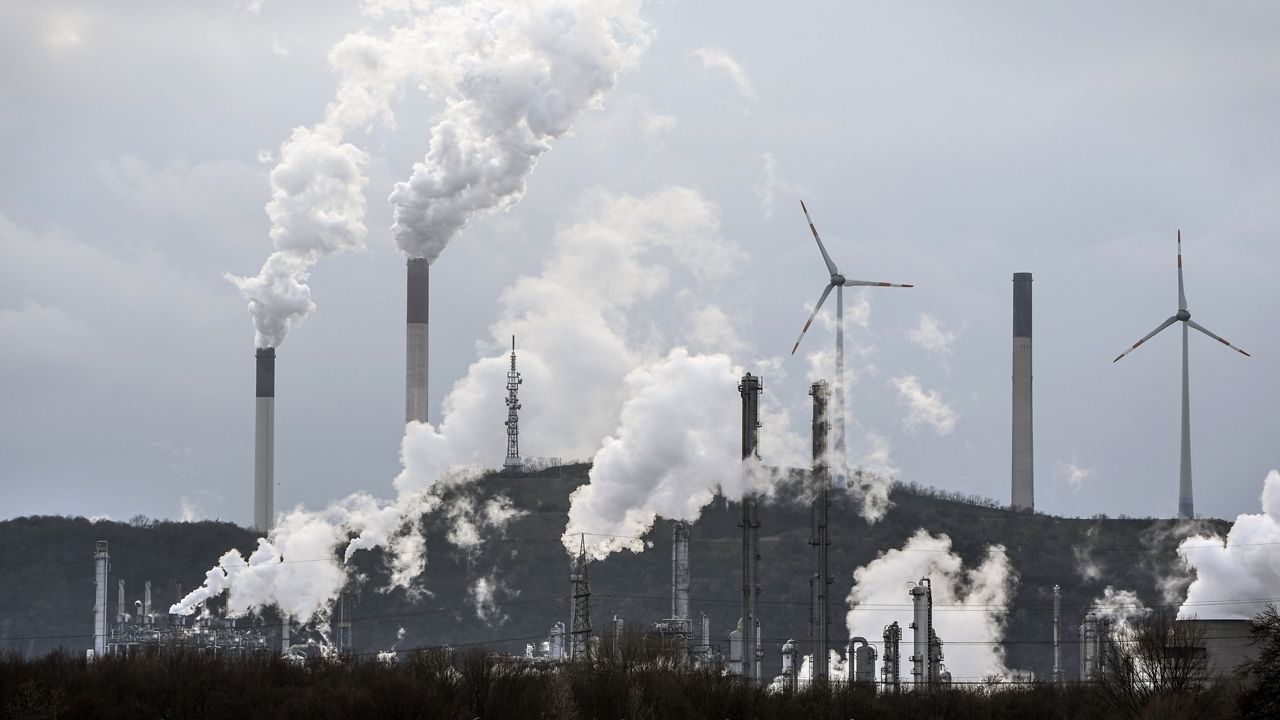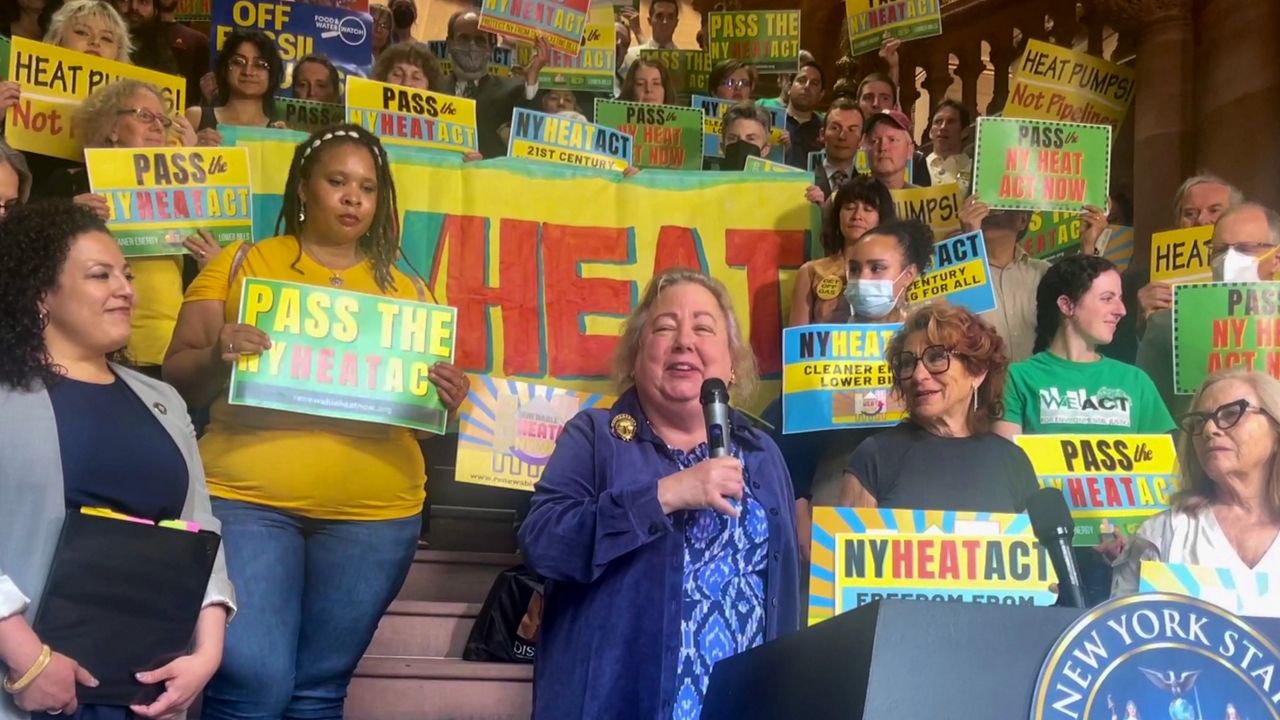New York’s 25 municipal solid waste landfills “have a combined site life of between approximately 16 and 25 years,” according to the New York state Department of Environmental Conservation’s Solid Waste Master Plan. Additionally, within the waste sector, methane leaking from these same landfills are the largest contributor of harmful emissions.
These are among the reasons cited by New York Public Interest Research Group (NYPIRG) executive director Blair Horner for the state Legislature to pass an update to the state’s 40-year-old Returnable Container Act, which was last expanded in 2009.
“The state is facing a solid waste crisis. According to the DEC, within 25 years, all the state’s landfills will be closed so the only way to sort of deal with all of that is by having more recycling, more reuseable materials, etcetera, so that it doesn’t go to landfills or incinerators or have to be trucked out of state,” Horner explained.

The so-called “Bigger Better Bottle Bill” expands the returnable container deposit to include more bottled noncarbonated beverages — coffee, tea, wine, liquor, distilled spirit coolers and cider. The bill also increases the bottle deposit to 10 cents per container and the handling fee from 3.5-cents to 6-cents.
Opponents of the bill argue that the state’s bottle deposit system is broken, and without reforms, expanding the bottle bill will simply make grocery items more expensive.
But Horner says the bottle recycling has taken off since the state added the nickel deposit.
“We’ve had a 75% reduction in littering,” he said. “But the program could be better.”










